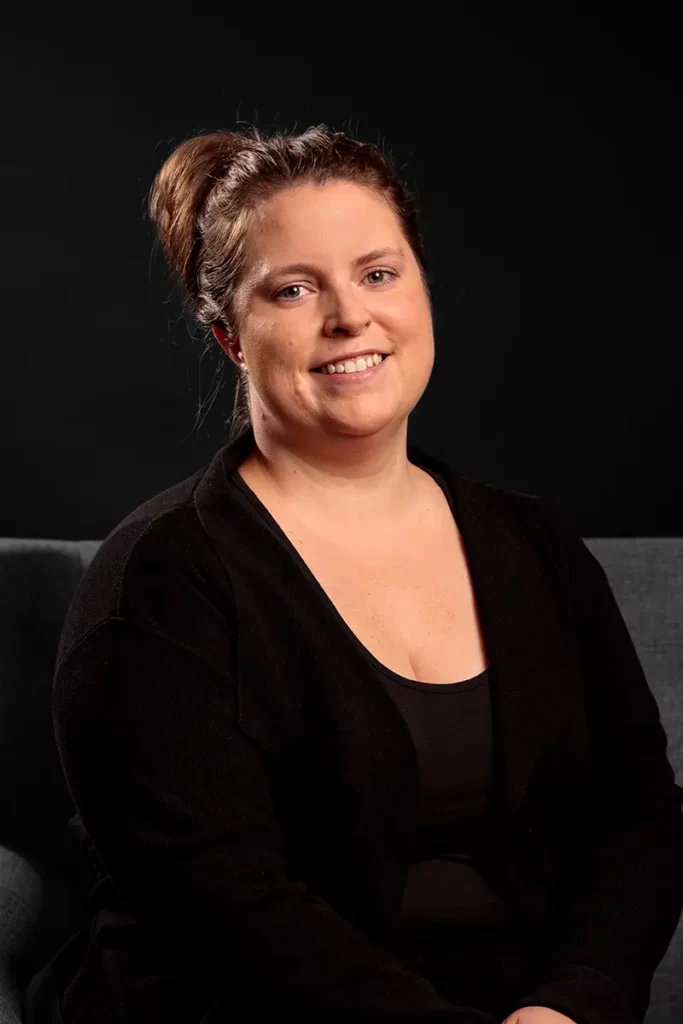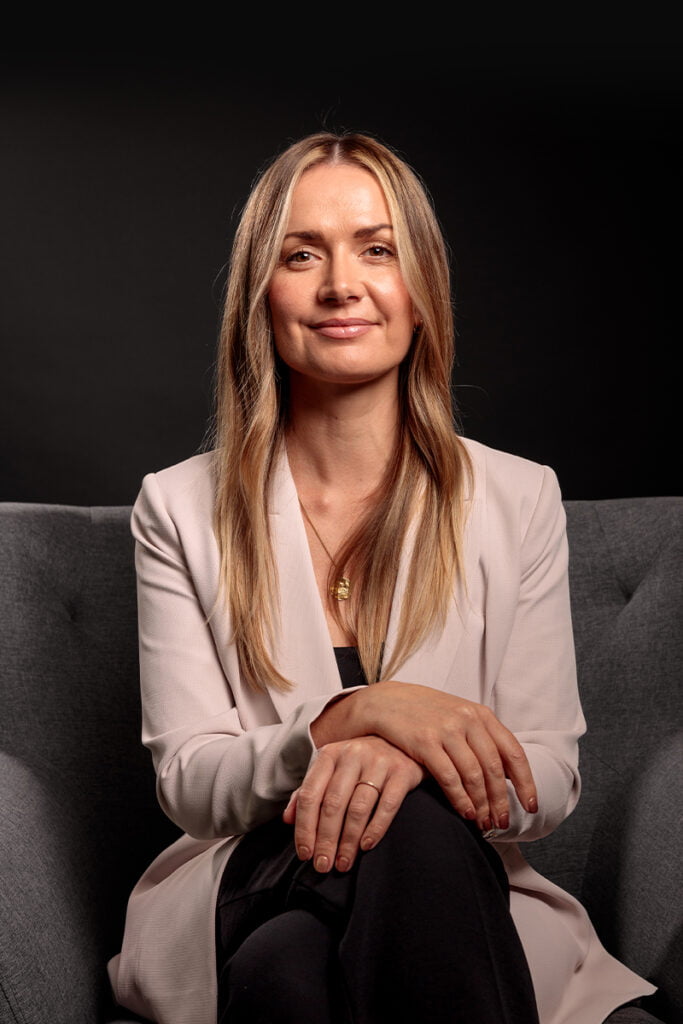Challenging Wills
Estate Litigation
Challenging the validity of a Will
If you are concerned about the validity of a Will, our Estate Litigation team can assist you in bringing a challenge against the Will in Court.
 Download our Info Pack
Download our Info Pack
To find out more about challenging a Will, provide your details below and our Information Pack will be sent to your inbox.
FAQs
- Dementia
- Alzheimer’s
- Degenerative conditions or diseases, such as Parkinson’s or Motor Neuron Disease
- Schizophrenia
What if someone has been diagnosed with early stage dementia?
- Medical reports and clinical notes
- Specialist reports
- Witness statements from people who knew the deceased and knew the history of the relationship between the parties involved
- Telephone log history and bills
- Bank account statements
- Facebook messages
- Social media posts and history
- Handwritten notes
- Photographs to show history of relationships between parties
- Digital notes in a person’s mobile or tablet device
- An unexplained change of beneficiaries (e.g. where previous Wills have left the estate to children equally and suddenly changes to one child or a carer);
- No apparent estrangement of the Will-maker from disinherited beneficiary (e.g. a child is left out of the Will for no apparent reason);
- The Will-maker has been under the control of a favoured beneficiary (e.g. where the child lives with the elderly parent);
- Preparation of a Will by persons known to the beneficiary rather than the Will-maker (e.g. taking the parent to their own lawyer or another friend who prepares the Will);
- Suspicious conduct of the favoured beneficiary under the Will towards the disinherited beneficiaries after the Will has been executed (e.g. attempting to hide the existence of the Will or telling lies about the Will’s existence etc.).
- Medical reports and clinical notes
- Specialist reports
- Witness statements from people who knew the deceased and knew the history of the relationship between the parties involved
- Telephone log history and bills
- Bank account statements•Facebook messages
- Social media posts and history
- Handwritten notes
- Photographs to show history of relationships between parties
- Digital notes in a person’s mobile or tablet device
Reason 4: Fraud/forgery
- Where a testator has been persuaded by another person to sign a document which they do not believe to be a Will (e.g. the testator is asked to sign a bank form or other paperwork not realising it is a Will).
- Where a testator has been misled by another person which persuades them to make a Will which they otherwise may not have made (e.g. when a child tells their parent that their sibling is very well off and doesn’t need the money).
- Where a handwritten Will is presented after someone dies, and the signature (or the entire document) has been forged by another person.
- Handwriting samples and analysis
- Handwriting expert reports
- Medical reports and clinical notes
- Specialist reports
- Witness statements from people who knew the deceased and knew the history of the relationship between the parties involved
- Telephone log history and bills
- Bank account statements
- Facebook messages
- Social media posts and history
- Handwritten notes
- Photographs to show history of relationships between parties
- Digital notes in a person’s mobile or tablet device
You must have ‘standing’ to challenge a Will. There are only certain categories of persons who can do so. These include:
- If there was an earlier Will – a beneficiary in a current or earlier Will
- If there was no Will – a beneficiary in accordance with the rules of intestacy
It is important to seek immediate advice if you have concerns about the validity of a person’s Will. After that person passes away, there is usually a brief window of opportunity to take steps to ensure that the Will was properly made. Challenging the validity of a Will can be daunting, so it is important to seek advice from a lawyer who is knowledgeable and has experience in this complicated area of law. Contact our estate litigation team by calling 1800 621 071 to find out the next steps you need to take.
The general principle concerning adversary litigation is that “costs follow the event”, which usually means that the successful party will have their costs paid by the unsuccessful party. However, in estate litigation, the court has discretion with respect to costs orders.
However, over the years, a number of exceptions to this general rule have come to be recognised. In the field of probate litigation, to such exceptions have come to be recognised as being:
- Whether the testator has, or those interested in residue have, been the cause of the litigation, the costs of unsuccessfully opposing probate maybe ordered to be paid out of the estate (sometimes referred to as the “testator’s fault” exception)
- if the circumstances lead reasonably to an investigation in regard to the document propounded, the costs may be left to be borne by those who respectively incurred them (sometimes referred to as the “reasonable investigation” exception)
It should not be assumed in contentious probate litigation that the estate will bear the costs. However, the executor is generally indemnified for their costs provided they act reasonably.
Meet our Estate Litigation team

Jeff Garrett

Amanda Heather

Chloe Smith











